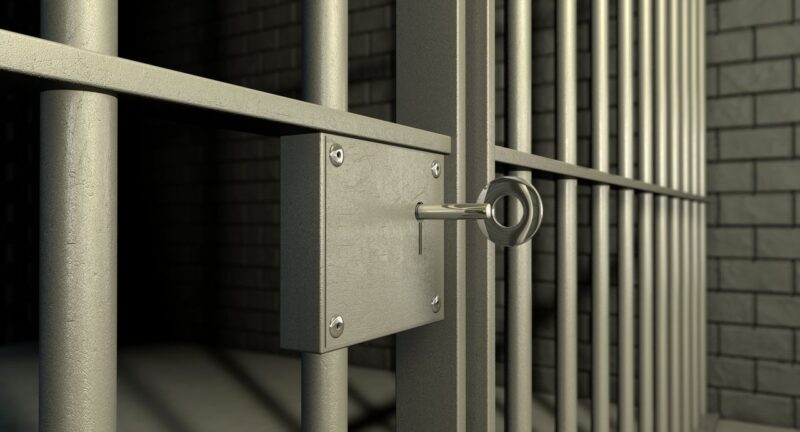A few weeks ago, the country woke up to the news of another death in prison. This was the 14th death in Malta’s Corradino Correctional Facility since the beginning of 2018. An inquiry has been set up to unearth all the facts, reasons and dynamics which lie behind this disturbing and alarming statistic. And yet, the inmates, their families and the whole country can no longer afford to wait any longer before everyone concerned starts pulling the same rope to ensure that prison is a safe place and truly an institution which places reformation and rehabilitation at its heart, and where the dignity of all is respected.
If the very purpose of Catholic Social Teaching is to apply enduring Christian values and principles to pressing social questions, in the case of the unfolding situation in prison, we can turn for guidance to the principle of Human Dignity. This principle, which is at the core of Catholic Social Teaching, sets a very high standard for the treatment of all those who are incarcerated: Every human person has an inviolable dignity, value, and worth which belongs to the most wounded of victims, but also to the most hardened of criminals. This dignity must be recognized, promoted and safeguarded at all times from all forms of physical, emotional and verbal abuse which might originate from within the prison walls or from the outside. None of us is the sum total of our worst mistakes and our human dignity is not something we earn by our good behaviour; it is something we inherently possess as human beings, created in the image and likeness of God.
We must also bear in mind the fact that every person has both rights and responsibilities. Those who commit crimes undoubtedly violate the rights of others and disregard their responsibilities. But the test for the rest of us is whether we will exercise our responsibility to hold the offender accountable without violating his or her basic rights, with the right to life being the most fundamental of these.
What is needed is therefore a shift in outlook for our correctional system – one that is not founded on revenge, fear and punishment but on compassion, rehabilitation and restorative justice which seeks to address crime in terms of the harm done to victims and communities, not simply as a violation of law. It is therefore imperative that any change in leadership in prison is accompanied by a long-term and deep-rooted review of current practices, which leads to radical reforms that prioritise the dignity of prisoners, their families and the victims.
Mark Cachia



